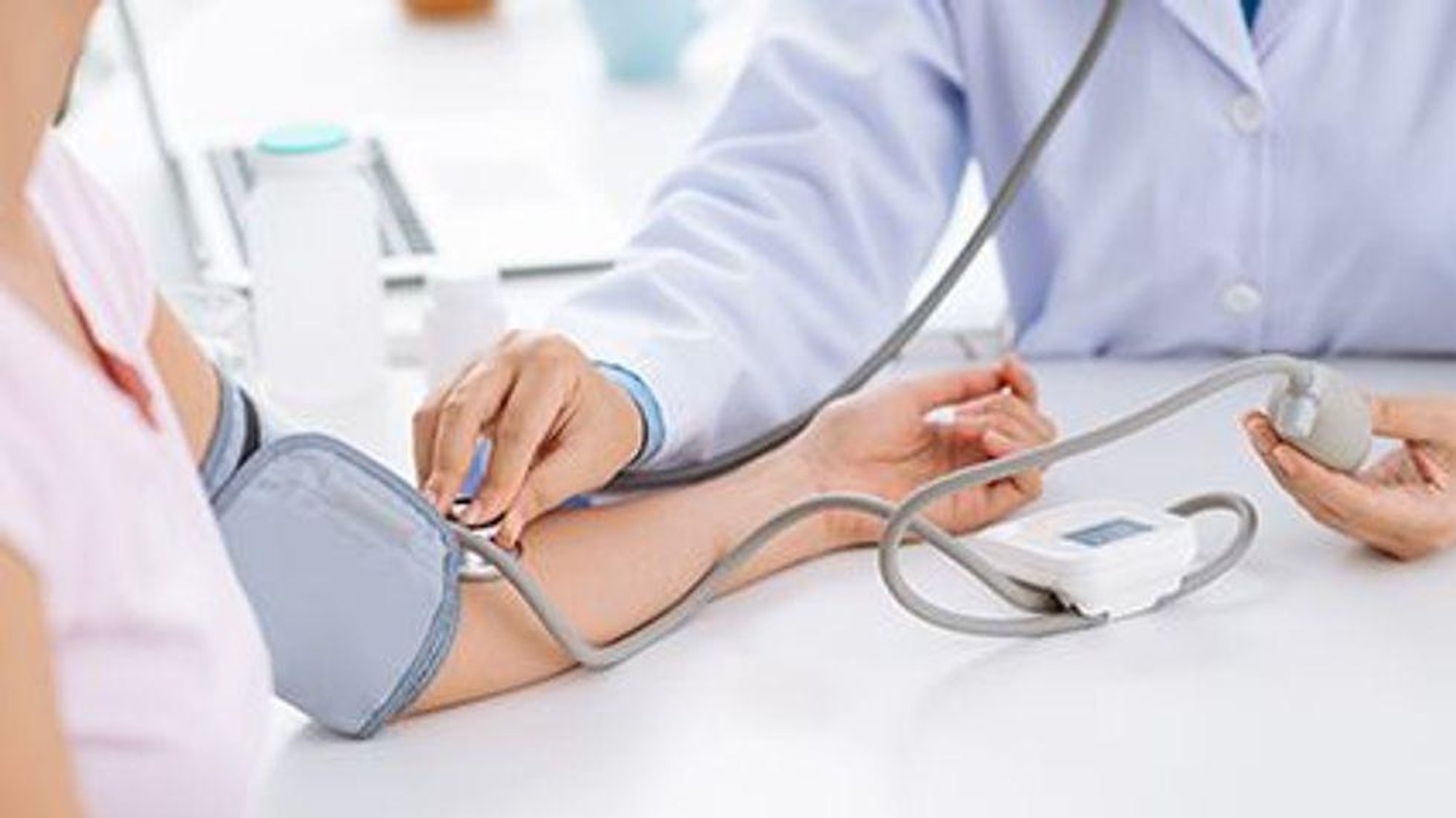Sexual Harassment, Assault Tied to High Blood Pressure in Women

TUESDAY, Feb. 22, 2022 (HealthDay News) -- Sexual assault and workplace sexual harassment may increase women's long-term risk of high blood pressure and heart disease, a new study suggests.
High blood pressure is a major risk factor for heart disease, which is the leading killer of U.S. women, accounting for one in three deaths.
Sexual violence or harassment aren't recognized as risk factors for heart disease, but these findings suggest that screening for them could benefit women's heart health.
"Reducing sexual violence against women, which is important in its own right, may also provide a strategy for improving women's lifetime cardiovascular health," said study author Rebecca Lawn, a postdoctoral researcher at the Harvard T.H. Chan School of Public Health in Boston.
Her team conducted a seven-year follow-up (2008 to 2015) of more than 33,000 women (average age 53) in an ongoing U.S. health study.
At the start, none had a history of high blood pressure. But about one in five had developed high blood pressure by the end of the follow-up.
The findings also showed that, in their lifetime, 23% of the women had been victims of sexual assault; 12% had experienced workplace sexual harassment; and 6% had experienced both.
Compared to those with no history of sexual assault or harassment, the risk of high blood pressure was 21% higher among women who had experienced both; 15% higher among those who experienced workplace sexual harassment; and 11% higher among sexual assault victims.
The findings were published Feb. 22 in the Journal of the American Heart Association.
"We know that experiences of sexual violence in the form of sexual assault and workplace sexual harassment are common, and that women are disproportionately victims of such violence, with 13% to 44% of women reporting sexual assault and up to 80% of women reporting workplace sexual harassment," Lawn said in a journal news release. "However, exposure to sexual violence is not widely recognized as a contributor to women's cardiovascular health."
The researchers found no increased risk of high blood pressure among women who had a history of other types of trauma and not sexual violence. That suggests that increased high blood pressure risk does not appear to be associated with all trauma exposure, she added.
"These results suggest that screening for a broader range of experiences of sexual violence in routine health care, including sexual harassment in the workplace, as well as verbal harassment or assault, and being aware of and treating potential cardiovascular health consequences may be beneficial for women's long-term health," Lawn said.
More information
For more on heart disease and women, go to the U.S. Office on Women's Health.
SOURCE: Journal of the American Heart Association, news release, Feb. 22, 2022
Related Posts
Exercise Can Preserve Astronauts’ Heart Health on Long Space Flights
MONDAY, Oct. 2, 2023 (HealthDay News) -- Extensive exercise regimens are keeping...
Low Risk Seen for Second Allergic Reaction to mRNA COVID-19 Vaccine
TUESDAY, Feb. 22, 2022 (HealthDay News) -- For patients with an allergic...
Indigenous Men Less Likely to Receive PSA Testing
MONDAY, July 10, 2023 (HealthDay News) -- Indigenous men are less likely to...
Estudio desmiente que un antidepresivo podría aliviar los síntomas de COVID
MARTES, 19 de septiembre de 2023 (HealthDay News) - Un ensayo clínico diseñado...
